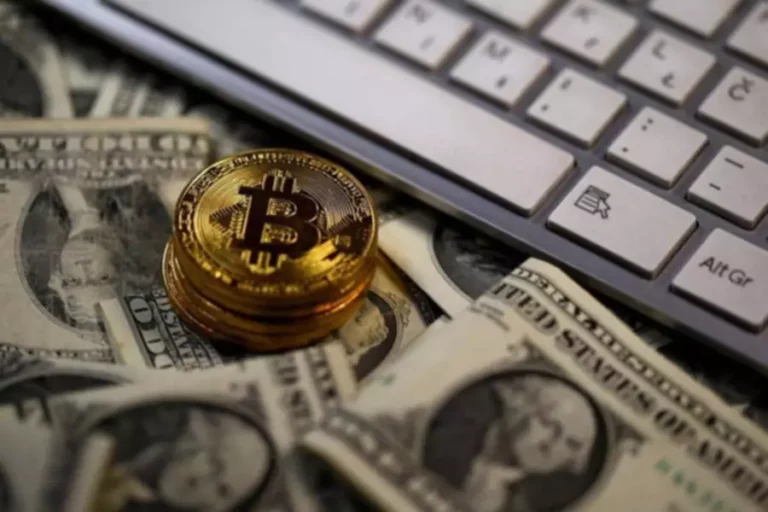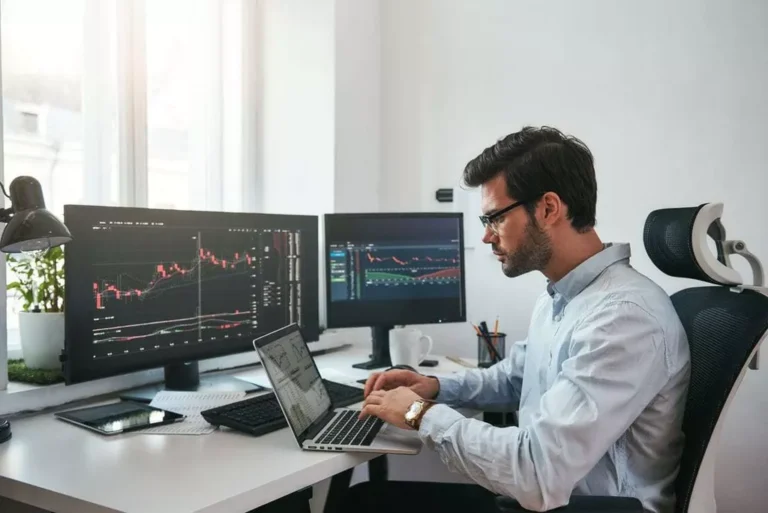The market maker makes a guess on market direction by its posted price, but bid-asked spread can outweigh even persistent error in directional guess as long as the error is small. Introduction For traders who trade on margin, understanding your buying power is essential to staying on the right side of margin requirements. Buying power controls how much money you can deploy at any time. Importantly, buying power changes between market hours and… Market makers in different markets and operating on different exchanges are subject to different rules regarding what they're allowed to buy and sell and the types of trades they can make.

They can also hit the bid or sell to them for their bid price, which is $5. In times of volatility, the relatively stable demand from market makers keeps the buying-and-selling process moving. Whenever an investment is bought or sold, there must be someone on the other end of the transaction. If you want to buy 100 shares of XYZ Company, for example, you must find someone who wants to sell 100 shares of XYZ.
Who Are the Market Makers?
This can be accomplished by investing in a variety of distribution channels. Making a market signals a willingness to buy and sell the securities of a certain set of companies to broker-dealer firms that are members of that exchange. Float rotation describes the number of times that a stock's floating shares turn over in a single trading day. For day traders who focus on low-float stocks, float rotation is an important factor to watch when volatility spikes.

Market makers help stock exchanges to not only improve the liquidity of stocks in the market but also increase the volume of shares being traded. Also, the stock exchanges have been able to bring down the time required for the execution of an order and the costs of transaction involved in trading the stocks. To me, this means the stock has room to run up to that level, however, by this point it was too late. Many traders already got their shares for cheaper and have less motivation to push the price up. I bring this up because it's another important point about the effects market makers have.
Toronto Stock Exchange (TSX)
Trading is often carried out through a high-frequency trading algorithm that optimizes the bundling and spread arbitrage strategy. These companies are responsible for arranging order flows and compensating brokerages. Key Takeaways Nasdaq is a computer trading network that relies on multiple market makers—broker-dealers who are members of that exchange.
And, if there wasn't one, the specialist would buy or sell the stock themselves out of their own inventory. If a market maker wants to drive down a stock price, it's not as simple as shorting a stock. That kind of risk is something we retail traders have to deal with. These market makers work on large block orders for mutual funds.
Why Should Traders and Investors Be Aware of Market Making?
First, the Dutch company is the world's largest manufacturer of lithography systems, which are used to optically etch circuit patterns onto silicon wafers. Second, it's the only producer of extreme ultraviolet (EUV) lithography systems, which are required to manufacture the world's smallest, densest, and most power-efficient chips. In addition to the large banks or financial institutions mentioned in the article, we can point to UBS, Citi, Barclays, Virtu Financial, Two Sigma Securities, Hudson River Trading and AlphaTheta. Jump Trading, the publicity-shy market maker, uses best-in-class technology and combines sophisticated quantitative research. Despite being in operation since 1999, the company remains highly secretive. Reportedly, Jump Trading and its sister company, Jump Capital, are currently diving deeper into crypto.
- These can range from large banks or broker-dealers making markets in thousands of securities to individuals or niche firms that concentrate in the market making just a few different stocks.
- Because a lower bid/ask spread is attractive to clients, market makers are enticed to offer the lowest possible spreads in order to attract customers.
- When they participate in the market for their own account, it is known as a principal trade.
- Anytime you invest in stocks, someone is on the other end of your trade, and it could be a market maker.
- In essence, market markers have to make up for any and all of those potential differences – and they do exactly that by charging a market maker's spread.
Stop-Loss orders are sent to the market, but they aren't displayed on the public order book. Instead, they're displayed just like any other sell order without clarifying that it's a Stop-Loss order. As for Trailing Stops, your broker sits on them until they're triggered and sent to the open market later. Sure, markets can be controlled, https://www.xcritical.com/ but markets are global in nature and have hidden political or economic motives rather than intervening in trading activity. Most of us have heard the assumption that the market is manipulated by some power driving prices in whatever direction they need. However, blaming all losses on shadowy puppeteers can quickly become detrimental.
Know How to Avoid Market Makers
Originally created for the NASDAQ stock exchange, market makers also co-exist on listed exchanges including the NYSE and AMEX as third-party market makers competing with each other and specialists. Market makers of the first level are considered the largest commercial banks, which are united in a group called Tier 1. Sometimes they are also called institutional market makers (IMM).

Treasury bond markets, are deep, liquid markets that see active trading and modest bid/ask spreads. In other markets, some participants are there to provide liquidity on a short-term basis. If every party in a market were a long-term investor, then parties who only need to make short-term trades would have a hard time finding an opposite entity. That's why a diverse range of participants makes markets efficient. Some markets have lots of these big institutional and commercial entities buying and selling all the time, while others rely on professional traders to ensure trading is liquid and efficient.
Market makers: Keeping markets efficient, liquid, and robust
While most brokers allow trading listed stocks, some restrict penny stocks and cryptocurrency. As the name suggests, market makers make the price and contribute volume to an exchange's order book. A market maker places orders with prices that differ from the current market price. Market takers work types of brokers in forex with the price given to them and take volume off the order book. When you upgrade to a live account, you'll already be accustomed to how the market works and make sound decisions. Deutsche Bank manages positions for its own account in the same products and handles clients' FX and PM products.
Market makers sometimes manage a few hundred stocks at once. They keep track of their bid-ask spreads, their position sizes, and their total capital. Making a market signals a willingness to buy and sell the securities of a certain set of companies to broker-dealer firms that are members of that exchange. Each market maker offers buy and sell quotations for a guaranteed number of shares.
But aren't market makers regulated?
With the emergence of market makers, the market in its modern sense was formed. Today's market maker is artificial intelligence, which with the help of mathematical algorithms, facilitates a smooth flow of concluded deals and provides instant liquidity. Market making refers to a trading strategy that seeks to profit by providing liquidity to other traders and gaining the ask/bid spread, while avoiding accumulating a large net position in a stock.
Making a Market: Why It's Important
On the one hand, banks do benefit from making markets in conventional spot and forward foreign exchange contracts. There's also a degree of intermediation in volatility-related products. However, banks can't accurately forecast changes in exchange rates, and often enough, they barely earn anything from the market making compared to other sources of revenue.
Profit worries linked to Mideast conflict hit airline stocks and 'JETS' fund
PFOF is essentially a “rebate” from market makers to brokerage firms for routing retail buy or sell orders to them. Have you ever noticed how quick and efficient it is to buy and sell most commonly traded stocks? Also, the spread between the prevailing bid and offer prices (the bid-ask spread) is typically tight—often just a penny or two wide.


 Watches and accessories
Watches and accessories Books and educational stuff
Books and educational stuff Nail supplies
Nail supplies Resin supplies
Resin supplies Lighting and moldings
Lighting and moldings Beauty products
Beauty products Candles and incense burners
Candles and incense burners Care products
Care products Perfumes and incense
Perfumes and incense Hanna stickers
Hanna stickers Care devices
Care devices Prayer sets
Prayer sets Hair devices
Hair devices Art objects
Art objects lenses
lenses Abayas
Abayas clothes
clothes Glasses
Glasses bags
bags shoes
shoes honey
honey Gum
Gum